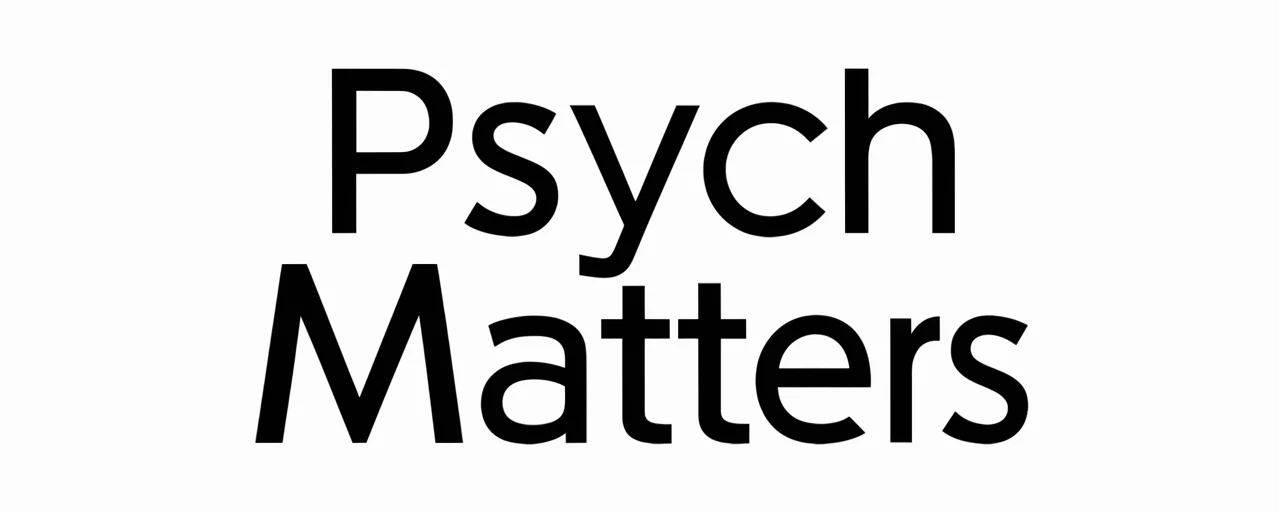Inside Intellectual Humility Psychology
Opening Minds: What Is Intellectual Humility Psychology?
In psychology, intellectual humility refers to the recognition that one’s knowledge and beliefs may be incomplete or fallible, and the willingness to revise them when presented with valid evidence. It is not a sign of indecisiveness, but rather a cornerstone of open-mindedness and rigorous thinking. According to the Greater Good Science Center, intellectual humility involves acknowledging limitations in one’s understanding, engaging receptively with differing viewpoints, and maintaining curiosity about complex issues.

This concept draws upon ideas from epistemic humility and metacognition, emphasizing self-awareness about cognitive processes and biases. Robust research, such as that described in the National Library of Medicine, suggests that intellectual humility promotes an environment conducive to productive dialogue and reduces overconfidence bias.
Under the Hood: Psychological Foundations of Intellectual Humility
From a cognitive psychology perspective, intellectual humility aligns closely with mechanisms of epistemic cognition—the evaluation and regulation of how we know what we know. It integrates elements from personality and social psychology, positioning itself within the broader framework of wisdom psychology and intellectual virtues. Mark Leary’s comprehensive analysis, published by the Templeton Foundation, describes it as distinct from low self-confidence, instead representing a confident yet self-critical stance.

Key psychological underpinnings include:
- Cognitive flexibility: The adaptability to shift perspectives and integrate new information.
- Metacognitive awareness: Understanding and monitoring one’s thought processes.
- Cognitive bias reduction: Being alert to phenomena such as the Dunning–Kruger effect and overconfidence bias.
- Uncertainty tolerance: Comfort with ambiguity in knowledge and conclusions.
Psychological research shows that intellectually humble individuals tend to employ more reflective thinking and are open to belief revision, enhancing the quality and accuracy of their judgments.
Weighing the Scales: Benefits and Challenges in Thought Processes
The benefits of intellectual humility are especially evident in decision-making and learning contexts. As explored in research from the National Library of Medicine, high intellectual humility correlates with increased epistemic curiosity, better perspective-taking, and more balanced information processing. These traits foster rational thinking and critical analysis, particularly when confronting conflicting evidence.

Notable benefits include:
- Enhanced critical thinking skills through broader evidence consideration.
- Improved collaboration and reduced interpersonal conflict.
- Lower susceptibility to cognitive overconfidence and bias.
- Greater psychological well-being derived from realistic self-assessment.
Challenges do exist. Greater scrutiny of information can slow decision-making, and individuals may struggle under persistent uncertainty. Balancing open-mindedness with decisive action is a nuanced skill that requires ongoing practice.
Beyond Modesty: Distinguishing Intellectual and General Humility
Although intellectual humility shares features with general humility, the two constructs are not identical. General humility covers a wide spectrum of recognizing personal strengths and weaknesses, encompassing social and moral dimensions. Intellectual humility, by contrast, is targeted specifically at the sphere of knowledge limitations and reasoning processes.

The Greater Good Science Center clarifies that while general humility involves modest behavior and interpersonal respect, intellectual humility focuses on the willingness to admit the potential flaws in one’s beliefs. Leary’s Templeton Foundation paper emphasizes that intellectual humility should not be confused with self-doubt; it is possible to be confident yet open to correction, embodying intellectual courage alongside humility.
Cultivating Humble Minds: Educational and Cultural Implications
In education and cross-cultural contexts, intellectual humility plays a pivotal role in improving learning outcomes and strengthening community discourse. The JSTOR Daily reading list on intellectual humility underscores its ability to foster inclusive classrooms, encourage diverse viewpoints, and mitigate cognitive biases. When educators promote a learning mindset that values questioning assumptions, students develop stronger critical thinking and collaborative skills.

From a cultural standpoint, the Templeton Foundation highlights the importance of intellectual humility in public discourse, particularly in navigating polarized debates. By fostering epistemic humility within communities, it becomes possible to improve dialogue quality, reduce prejudice, and support wisdom development.
- Encourages mental flexibility among learners.
- Strengthens democratic discussion and civic engagement.
- Supports lifelong knowledge-seeking behaviors.
The Humble Future: Applying Intellectual Humility Psychology
Applying intellectual humility extends beyond academia into leadership, policy-making, and everyday decision-making. In leadership psychology, it has been linked to improved organizational trust and adaptive problem-solving. Leaders who openly acknowledge limitations and seek diverse input create a culture of psychological safety and innovation.
Strategies for application include:
- Integrating intellectual humility training into professional development programs.
- Employing reflective thinking exercises to enhance self-awareness.
- Encouraging scientific thinking and evidence-based decision-making in teams.
- Using psychological measures such as the Intellectual Humility Scale to assess and guide growth.
As research continues to expand, the future of intellectual humility psychology lies in bridging its theoretical foundations with practical interventions, ultimately fostering a society that values rational inquiry, open-mindedness, and mutual respect in the pursuit of knowledge.







